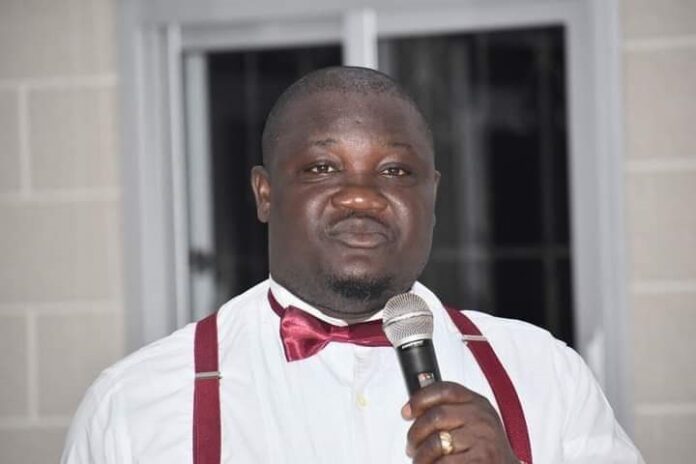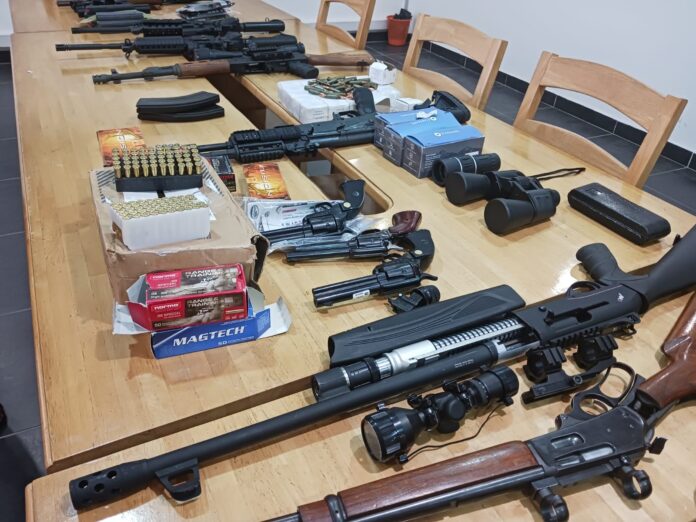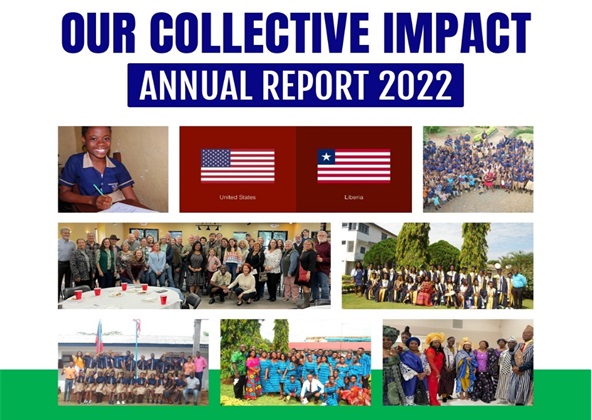LIBERIA – The Chief Executive Officer of the Independent Probe Newspaper is calling on the National Media Council to provide full protection for journalists and media workers against, what he calls “undue harm.”
Mr. Chester A. Smith in a letter dated January 6, 2023, addressed to the Chairperson of the National Media Council (NMC), Cllr. Jeddi Armah and copies sent to the President of the Press Union of Liberia, Mr. Charles Coffey, the Ambassadors of the United States, Michael McCarthy, France, Sweden, and Britain said experiences have shown that conflict zones and countries with a proliferation of corrupt public officials, including Liberia as evidenced by recent U.S. Treasury Department sanctions, often target journalists and media workers to safeguard against being prosecuted or being named and shamed.
Mr. Smith noted that Liberia has transcended years of civil wars, yet loyalists of belligerent groups still roam Liberia and most often under the direction of their former warlords, corrupt politicians, and close associates. Below is the full text of Mr. Smith’s letter
Ref: Call for Protection of Journalists & Media Workers Against Undue Harm
Greetings Cllr. Armah,
I bring you warm compliments and congratulate you and the members of the National Media Council of Liberia, since your ascendency in May 2022.
As a member of the Journalism community in Liberia, I recognize the importance of the National
Media Council, in upholding media accountability and ensuring professional conduct pursuant to the Code of Ethics for Liberian journalists and internationally accepted media ethical standards, especially the composition which is drawn from the Legislature, National Civil Society Council of Liberia, Women NGO Secretariat of Liberia, the Religious Community and the Academia.
It is a general expectation that the National Media Council (a self-regulatory body) will sustain and transform into a more robust regulatory regime through the anticipated establishment of the Independent Media Commission for Liberia.
However, may I bring your attention to the creeping menace, which may undermine several gains made by both Liberia and its international partners in the attainment of the freedom and protection of journalists and Media workers.
On July 21st, 2012, former President Ellen Johnson Sirleaf signed the ‘Table Mountain Declaration’, joining a global movement dedicated to replacing statutes under which journalists and media practitioners may be prosecuted. However, Madam Sirleaf cautioned the media community, especially the Press Union of Liberia, to establish self-regulating measures to ensure that the media acts responsibly as many other countries have done if the Declaration will be more than a ‘piece of paper’.
Subsequently, President George Manneh Weah, signed into law the Kamara Abdullai Kamara Act of Press freedom, amending chapter 11 of the Penal law of 1978 repealing sections 11.11 on criminal libel against the President, sedition, and criminal malevolence.
Prior to the signing into law of the act, speech offenses were prosecuted in criminal courts in Liberia. It was a tool to intimidate and punish journalists and political opponents before a trial even started. Civil redress has now supplanted criminal media offenses in protecting the reputation of an individual and institutions from undue libel and slander.
This monumental law assures more latitude for responsible media practice and recognizes the assiduous work of the media in Liberia. Yet, there still remains a challenge of making practical application of the law, without manipulations to dilute the good intention so that professionalism will be exhibited by journalists in deepening democracy and human rights in Liberia.
Against the mentioned supra, I call on the National Media Council to ensure the fullest of journalists and media workers cited by the National Media Council (NMC-PUL), from undue harm and danger.
Experiences have shown that conflict zones and countries with a proliferation of corrupt public officials, including Liberia as evidenced by recent U.S. Treasury Department sanctions, often target journalists and media workers to safeguard against being prosecuted or being named and shamed.
You may agree with me that Liberia has transcended years of civil wars, yet loyalists of belligerent groups still roam Liberia and most often under the direction of their former warlords, corrupt politicians, and close associates.
The International Declaration On The Protection Of Journalists states that all journalists, media professionals, and associated personnel have the right to protection from all human rights violations and abuses, including through killing, torture, enforced disappearance, arbitrary arrest, and detention, expulsion, intimidation, harassment, threats and acts of other forms of violence, detention.
Honorable Chairperson, with experiences of attendance at hearings of the National Media Council, and with those occurrences mentioned above, I respectfully seek the wise counsel of this august body to begin taking a deeper introspection of the proceedings that has a coccid judicial nature.
Consistent with that coccid judicial process, and the desire to ensure that no journalist and media worker is endangered by those proceedings, I propose for consideration the transformation of the current proceedings into ‘camera proceeding’.
Certainly, in all circumstances and at all times, the National Media Council has an obligation not to jeopardize the life, safety, freedom, and well-being of any Journalist or Media worker. The best protection the National Media Council can provide to journalists and Media workers is to be aware of the potential risks of harm and to exercise good judgment, caution, and sensitivity in all their interactions.
Additionally, the lack of care or negligent behavior, along with a failure to understand the operational context of the National Media Council, can put Journalists and Media workers who come into contact with the field presence (Corrupt public officials and war/conflict actors) at risk of harm.
In closing, I challenge the National Media Council to take responsibility to balance the need to gather information and assess the potential risk of harm to journalists and Media workers who may provide such information. The National Media Council must assess whether it is necessary to establish contact with a Journalist or Media worker and a corrupt public official, or war/conflict actor that would be placed at risk as a result of that contact. Contact with the Journalist or Media Worker should not be attempted if the National Media Council determine that they will not be able to ensure the safety of a cooperating person (Journalist or Media worker), if the risk of harm is too high or if the National Media Council do not have sufficient information to make an informed determination on the level of risk.
With this and the assurances of my highest esteem, I remain.







